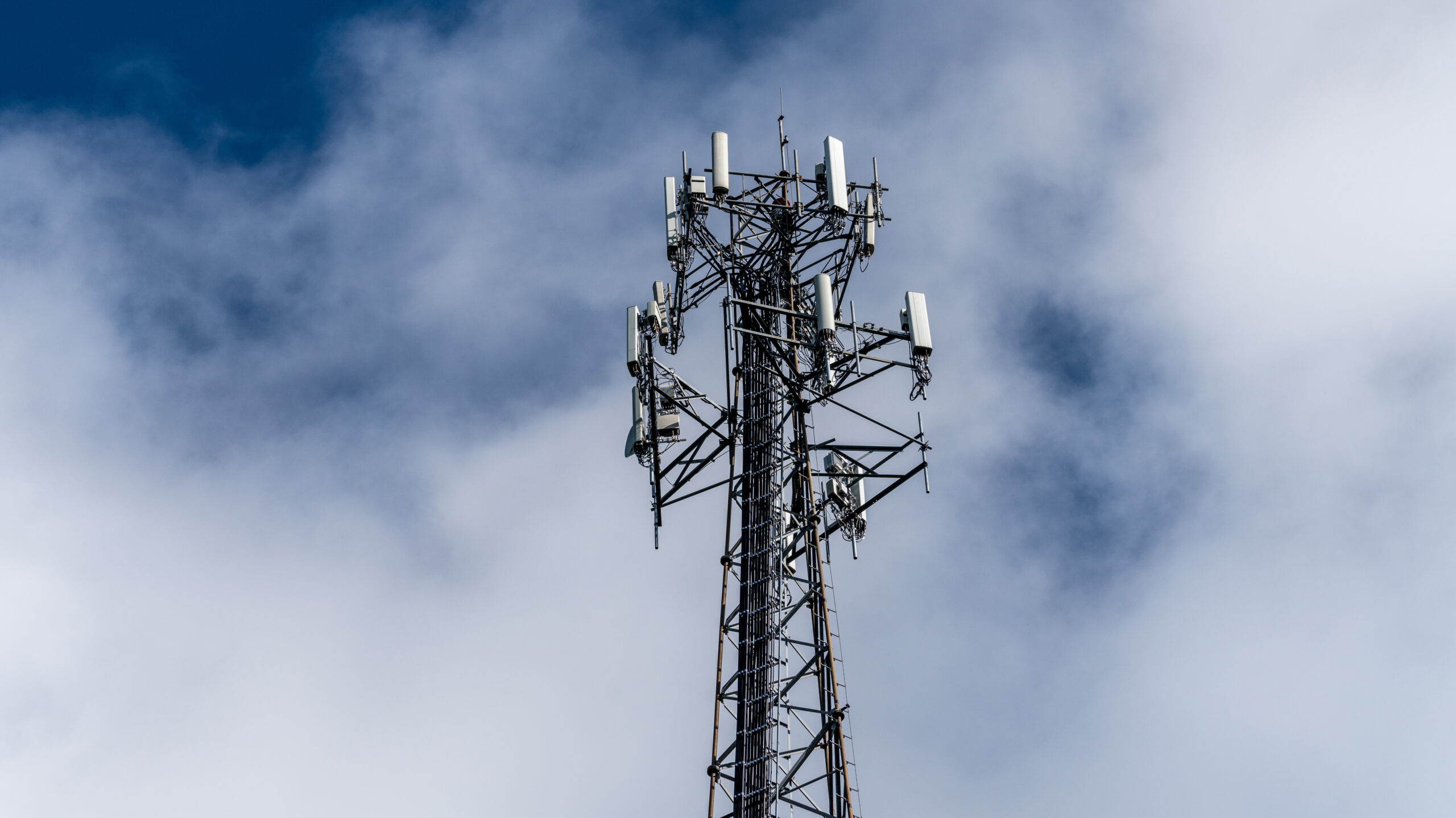
The government’s recently released price analysis shows MVNOs charge less for mobile services than incumbents Bell, Telus and Rogers.
The 2022 telecom services price comparison study, prepared by Wall Communications, found “MVNOs offer lower prices (often substantially lower) than incumbents in every basket where they compete.”
The study examined pricing from MVNOs Primus, PC Mobile and Petro-Can. “We note that MVNO prices tend to be highly uniform across the country, more so than incumbent prices,” the analysis states.
Price comparison is based on the “service basket” approach, which examines eight different levels of services. The average price decrease across all levels between 2021 and 2022 is 2.6 percent. This lacks compared to the 17 percent decrease reported in the 2021 report.
In 2022, average mobile plans ranged from $26.19 to $101.74 monthly for plans between baskets 1 and 8.
The analysis found PC Mobile charged the least for talk and text (basket 1) and plans with 2-4GB (basket 3) categories.
SaskTel was the lowest for the 1GB data category (basket 2).
Fido, in Quebec only, offered the lowest prices for plans with 5-6 GB data (basket 4).
Lucky, in Quebec, offered the lowest prices in the 7-9 GB data (basket 5) and 10-19 GB data (basket 6) categories.
Fizz, also only in Quebec, had the lowest prices in the 20-49 GB data (basket 7) and 50-99 GB data (basket 8) categories.
Incumbents or their flankers offered the highest prices in most of the categories. The study included the following flanker brands: Virgin, Fido, Koodo and Fizz. Regional providers include Freedom, SaskTel, Vidéotron and Eastlink.
Overall, the study found flankers nationally offered prices that were 9.5 percent lower than the incumbents. Pricing from regional providers was typically lower than flankers in Ontario and B.C. but higher in other regions.
Internationally, Canada, Japan, and the U.S. offer the highest mobile prices across the G7 and Australia. However, the study found Canada “performs favourably” compared to the other two.
Fixed broadband internet
The category is measured in seven baskets. The report shows prices “decreased or increased just slightly” in every basket in 2022 compared to 2021, which saw increases across the board. Prices declined between 1 to 4 percent on average in 2022.
The study examined prices from Wholesale-based competitors (WBS), Distributel, TekSavvy and VMedia (in Saskatchewan and Manitoba), incumbents, and flanker brands (which only offer services in Ontario and Quebec).
The study found WBCs offered lower prices than incumbents in lower baskets, similar to last year’s report.
Quebec’s flanker brands include Virgin and Fizz, while Ontario has Virgin and Fido. The analysis found flankers offered lower prices compared to incumbents (between 5 and 38 percent). Flankers also offered lower prices than WBCs in Quebec, but not in Ontario.
Compared internationally, the study found the U.K., France, Italy and Germany offer lower broadband prices than Canada. The U.S. also offered lower prices in 2022, despite the country offering higher or similar prices to Canada in 2021.
Far North
The Wall study looked at services in Iqaluit, Whitehorse and Yellowknife but has limited data. It found prices from national providers (Rogers, Bell and Telus) are similar in the areas they offer services. Ice Wireless and SSi (Qiniq) also offer services where applicable. Options for internet are also limited as NWTel is the provider to have “comprehensive services.”
Updated 03/10/2023 8:40pm ET: The headline and body have been updated with a correction referencing the countries included in the study.
Image credit: Shutterstock
MobileSyrup may earn a commission from purchases made via our links, which helps fund the journalism we provide free on our website. These links do not influence our editorial content. Support us here.


